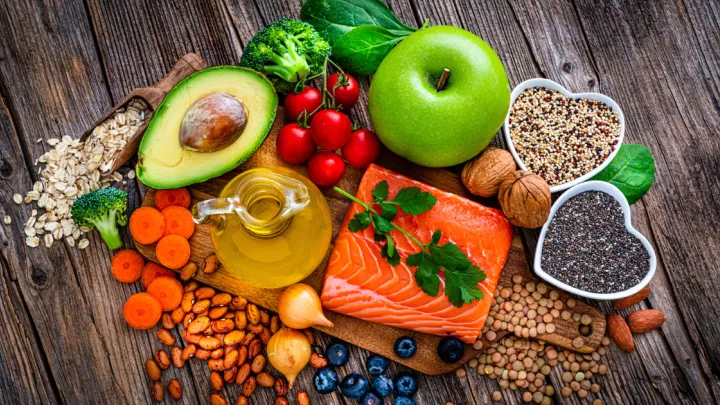The carnivore diet: How much protein should you really eat?

You may have heard social media influencers and podcasters tout the carnivore diet for weight loss and endurance. The high-protein, high-fat diet includes only animal products, such as:
- Red meat
- Poultry
- Fish
- Eggs
But is the carnivore diet healthy?
“It excludes a lot of food groups, like fruits, vegetables, legumes, grains and nuts,” says Laura Hernandez, nutrition therapist at the Nebraska Medicine Bariatrics Center. “Some people like the simplicity of that, but we know it’s not very healthy or sustainable in the long run.”
How much protein is too much?
Since protein helps people feel full and builds muscle, high-protein diets are often recommended for weight loss. The difference between a high-protein diet and the carnivore diet is a focus on lean protein sources and a greater variety of foods.
“We try to find a balance between high protein but lower saturated fat,” Hernandez says. “A healthy, balanced plate has fruits and vegetables with fiber to keep us full and the essential vitamins, minerals and nutrients we need.”
Protein recommendations may vary by individual, but Hernandez generally suggests 20 to 30 grams per meal.
“If we consistently get too much protein in one sitting, the body can’t keep up with processing it and may start storing the excess protein as fat. It could be too much of a good thing.”
What is a good diet?
Hernandez says to keep it simple and follow a few rules:
- Eat up to three meals a day
- Create a balanced plate of lean protein, vegetables and a small amount of carbs or starches
- Avoid empty calories and sugary beverages
Mindful eating practices are also a powerful tool. Paying attention to the physical and emotional experience of eating can help you tune into hunger and fullness cues.
“Try to make sure you are ‘stomach hungry’ and not ‘head hungry,’” Hernandez says. “Do your best to slow down when eating, listen to your body and stop when you are comfortable rather than overfull.”
Hernandez's best advice? Opt for healthy, maintainable behaviors over fad diets.







